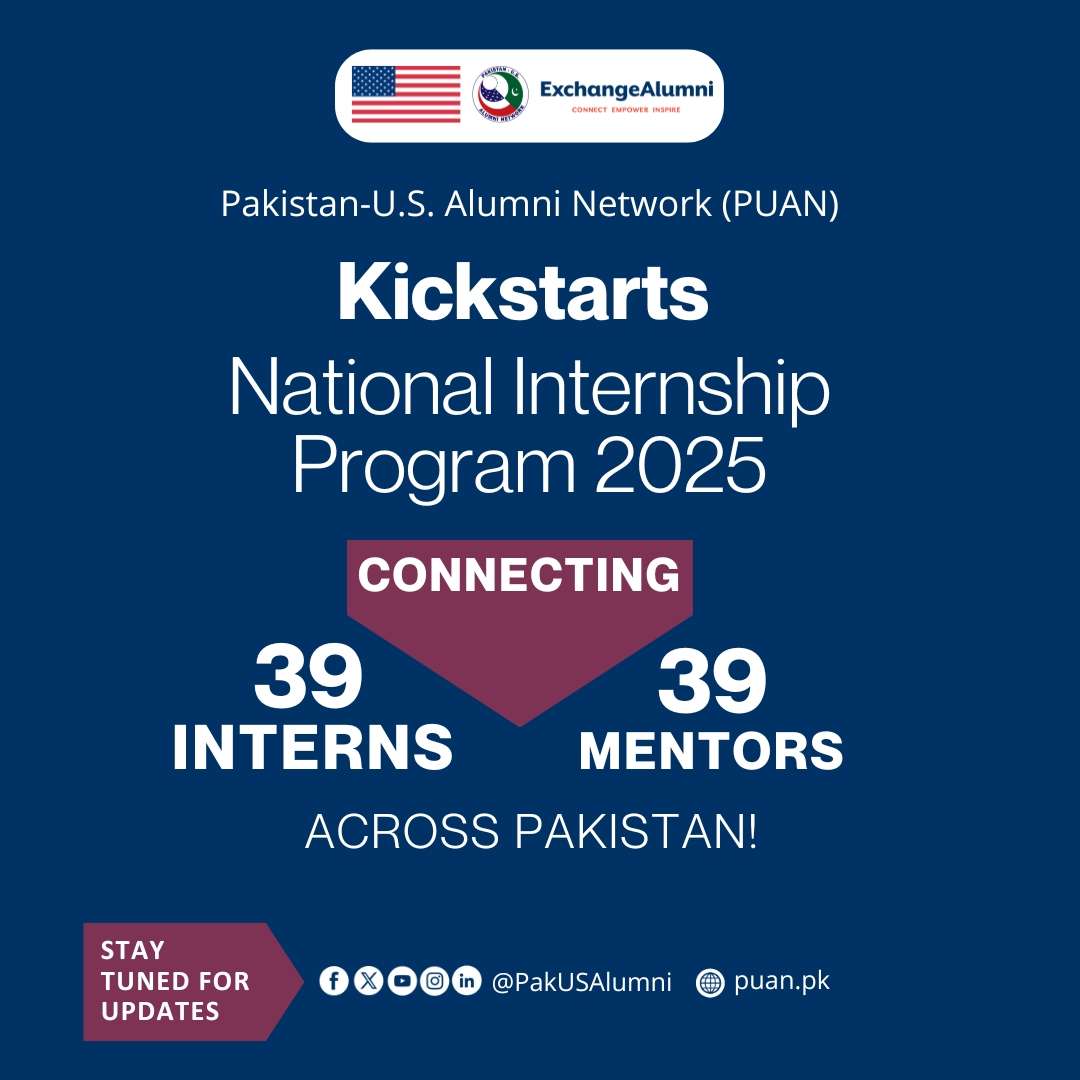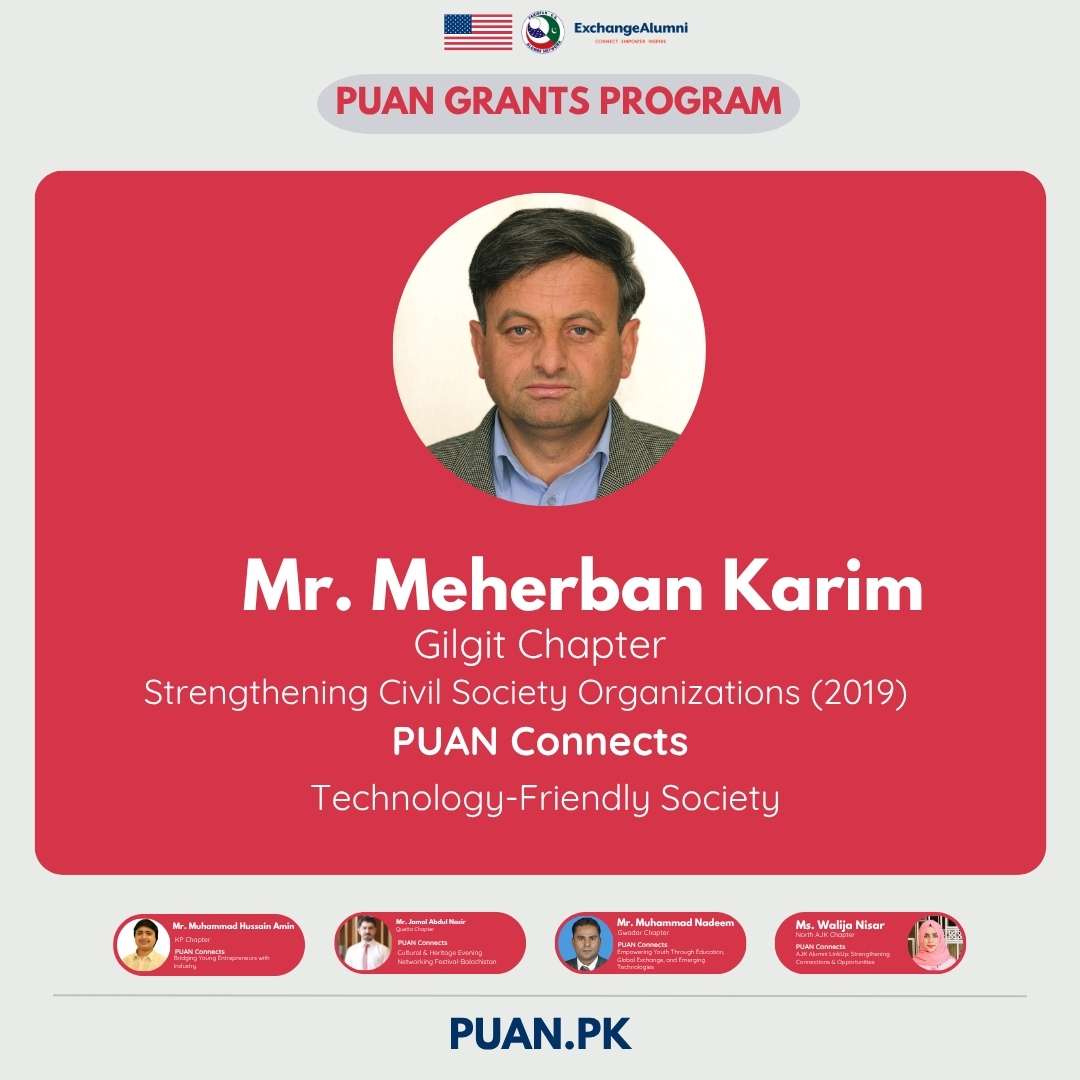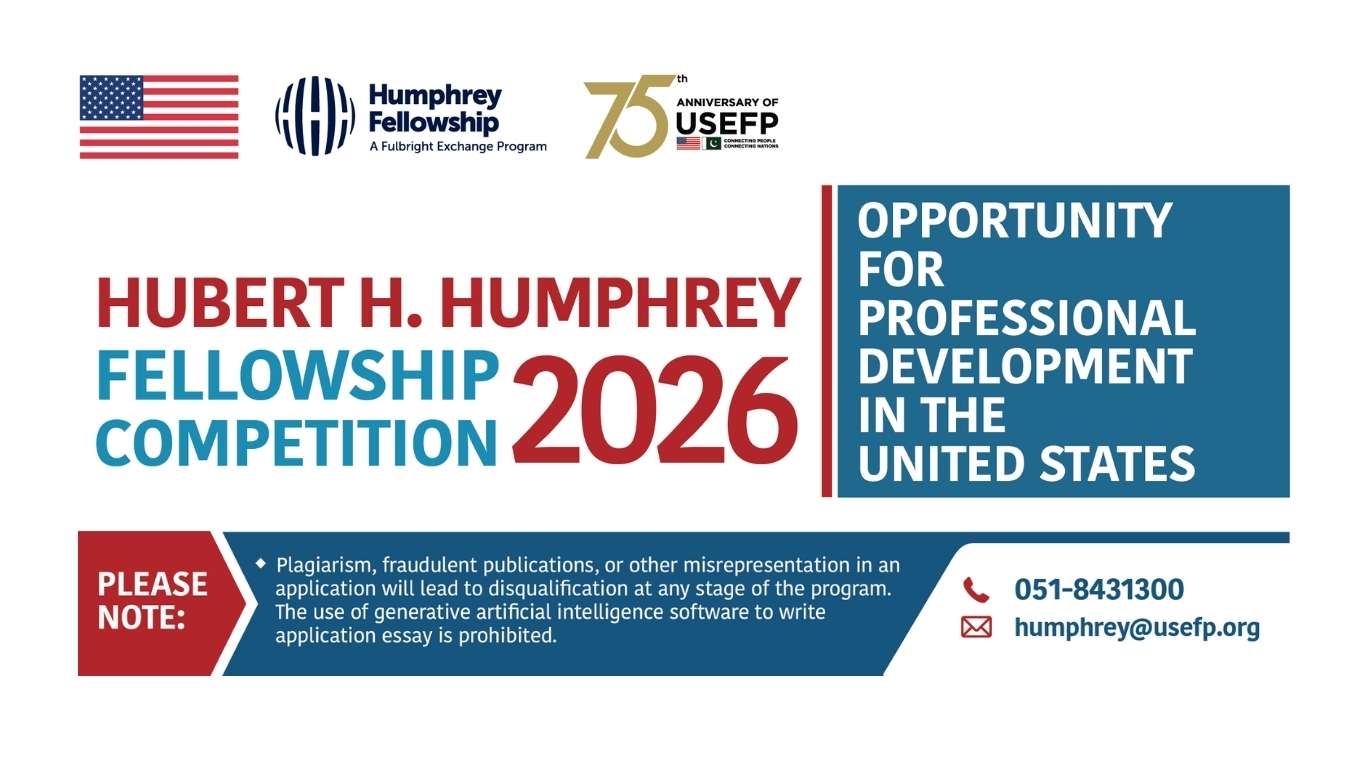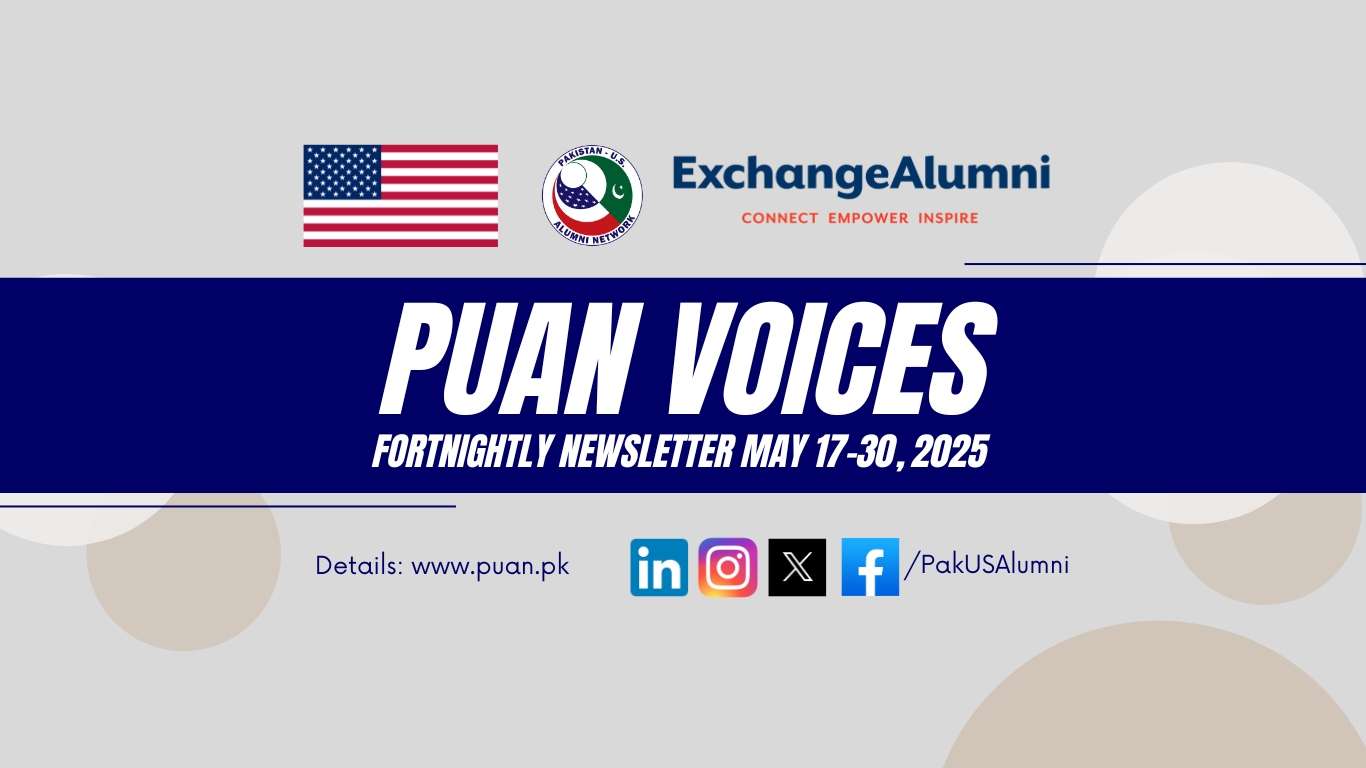Technological innovations and digital evolutions are transforming the world as we know it. It is now more than evident that the future economy will demand a generation of professionals which is ready to tackle novel and unprecedented issues. Keeping this in mind, there is growing need to swiftly shift towards a knowledge-based environment for developing an adaptive attitude and a critical mindset amongst the future generations rather than letting their learning process remain confined and stagnant to the traditional education systems.

Building on this idea, in August 2017, the Atlas Corps Fellow and former Member of the U.S. Ambassador’s Youth Council Pakistan, Asad Shoaib, organized a month-long residential summer camp titled ‘Civic Face Scholars Program’. The project, supported by Pakistan-U.S. Alumni Network’s (PUAN) Alumni Small Grant, was themed around critical thinking and community engagement. The objective was to empower the underprivileged kids to become the agents of change in their communities and introduce them to pedagogical skills, team building, alternative learning methods, community engagement and critical thinking.
The program provided exposure to the participants to think beyond the curricula for not only individual and professional career growth but also growth as a part of collective society. The program was designed to go beyond the traditional course outlines and to allow participants to develop critical skills, seek to hone new competencies before entering the workforce and to encourage to tap into unexplored talents that prepare them to respond to unpredictable circumstances and developments in their personal and professional lives.

The selection process of the participants aimed to cater to a balanced geographical outreach and equal gender representation. The participants hailed from far-flung areas of Balochistan, Kashmir, and interior Punjab. An initial four-day training was organized for the participants in Islamabad under the mentorship of seasoned mentors and trainers. The theme of the initial training was diverse in nature ranging from empathy, identity, moral and civic imagination, and pedagogical skills. After the completion of the training, each participant graduated as a ‘Fellow’ of the program and headed to Murree to teach around 200 students of grade 6 and 7 about a variety of subjects.

The fellows introduced the students to critical thinking and improved their learning capacity through activity-based learning. The activity provided both the students and fellows a platform to interact with renowned activists, educators, influencers, and academicians. The fellows engaged with the local community for the Graffiti and Cleanliness Drive under the theme of social action to understand how community engagement is the prerequisite for welfare in any society. A session was also conducted to inform the students about exchange program opportunities which are funded by the U.S. Department of State.

Fulbright alumnus, Nuclear Physicist and an Activist, Prof. Dr. Pervez Hoodbhoy, and the Special Coordinator to the Prime Minister of Pakistan, Mr. Hafiz Usman, also visited the participants in Murree and shed light upon the importance of a quality education, critical thinking, and problem-based learning, beyond the core educational curriculums.

The program also featured two musical concerts which aimed at promoting pluralistic values through the celebration of music, culture, and literature. The entire project was aligned with Pakistan-U.S. Alumni Network’s charter to promote critical thinking, cultural understanding, interfaith harmony, tolerance, empathy, social action, and community service.
The program on a whole encouraged the participants to develop new skills, unleash their creativity and fearlessly explore new possibilities throughout their lifetime by being an active peacebuilder.
This event was made possible with the help of an alumni small grant from the Pakistan-U.S. Alumni Network (PUAN). All alumni of various U.S. government-sponsored exchange programs in Pakistan are eligible to apply for the grant of up to 10,000 USD to enable them to give back to their communities.





